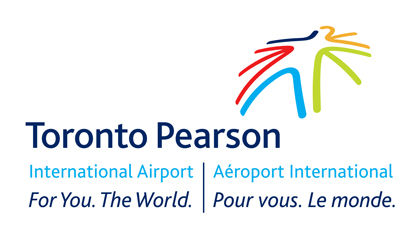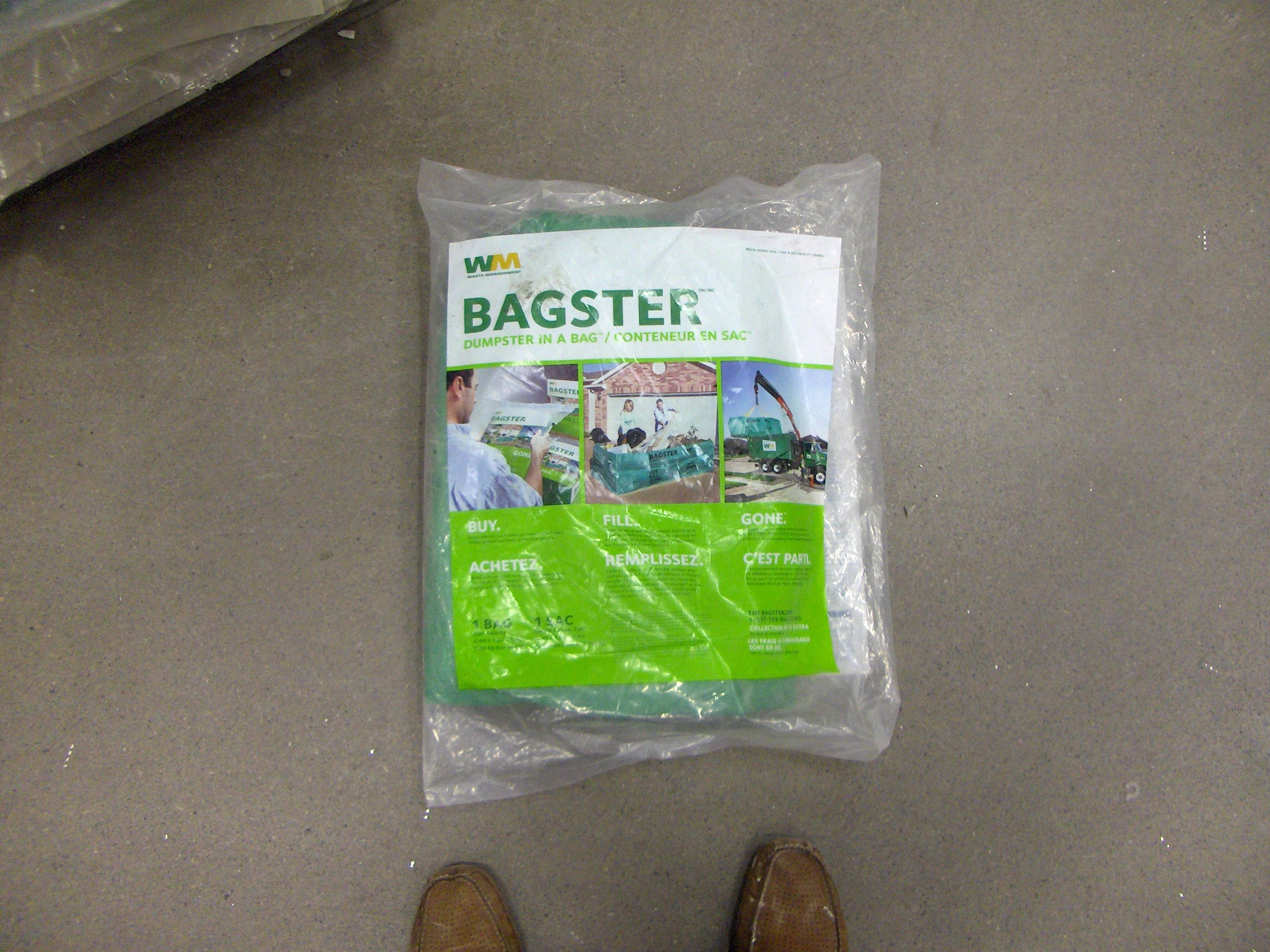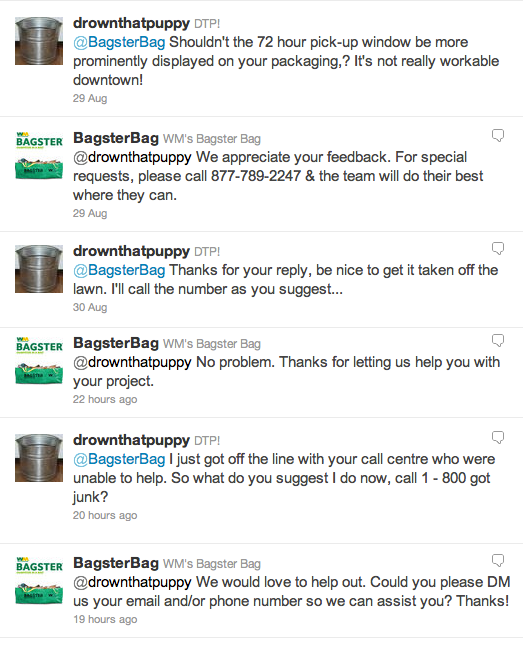Naturally, I'm not referring to investment banks. From the South Sea Bubble to Goldman Sachs dodgy sub-prime bets against their own clients; with banksters, shenanigans always have and always will hit the fan.
The resulting fraud charges from the SEC are naturally ”completely unfounded," according to Goldman, CEO Lloyd Blankfein.
He goes on to defend the firm by stating, "We are not a fiduciary".
Which in layman's terms means, "You shouldn't expect to trust us".
Which is just a hair's breadth away from saying "Of course we're dishonest."
So you'd hardly expect investment banks to be honest.
But the banks I'm referring to are your common or garden high street retail bank.
The type of bank most people use because they have to keep their money somewhere in order to access it through an ATM.
In Canada, unlike the UK, if you use an ATM belonging to a bank other than your own, you pay a fee of $1.50 to the other bank plus a fee of $1.50 to your own bank.
Withdraw a hundred bucks and that's a 3% fee for accessing your own money.
This double dipping earns the big five Canadian banks a lot.
I say “a lot” -- because no one knows how much.
"We won't comment on that," the Royal Bank's Jim Westlake told the Toronto Star.
This lack of transparency is typical of the big five, but collectively it's hundreds of millions, if not billions a year.
The issue has been mentioned in Parliament and trotted out at elections; but once Parliament goes into recess, or the election is over, the gouging goes on.
Of course gouging is perfectly legal.
But there’s a huge difference between being legal, and being honest, because honesty requires fairness and decency, in addition to merely obeying the law.
Another lucrative source of income for Canadian banks is Interest Rate Differential charges or IRDs.
Basically this is a fee charged to get out of a fixed rate mortgage.
That probably sounds reasonable, but it’s the unreasonably complicated way these fees are being calculated that are making the banks a fortune by unscrupulously penalizing their customers.
And again it’s perfectly legal.
Or is it?
A recent class action suit against the Canadian Imperial Bank of Commerce (CIBC) suggests it may not be.
Legal or not, it’s dishonest.
I’m not bashing Canadian banks per se, it’s just that I’m familiar with the issues.
I’m bashing all banks who’ve lost or badly misplaced their moral compass.
Examples aren't hard to come by.
On a recent trip to the UK a Barclays ATM was charging 4.5% commission to withdraw pounds from my Canadian dollar account.
“It’s our duty to maximize profits for shareholders ” the banks would say.
But unbridled pursuit of profit, solely in the interest of shareholders is detrimental to customers.
It’s simple logic.
To generate higher profits for shareholders, one way or another customers pay more.
And customers are beginning to act.
Bank Transfer Day is a response to excessive fees from US banks particularly, $5 per month debit card fees from Bank of America.
It’s objective is to get customers to move their accounts to credit unions.
How successful it will be is any one’s guess, but the fledgling movement has already influenced Wells Fargo to drop their $3 per month debit card fee and made Forbes sit up and take notice.
And some banks seem to understand that fairness can work for them.
Ally have just come out with the follow up to their much lauded “kids” campaign.
You might expect the former GMAC to be stodgy.
You’d be wrong -- strategically and creatively.
[youtube=http://www.youtube.com/watch?v=6r_Ld2h6Wnw&feature=relmfu]
So one bank at least gets it.
We don’t mind you making a honest profit.
And we’d like you much more if you stopped taking the piss.


















